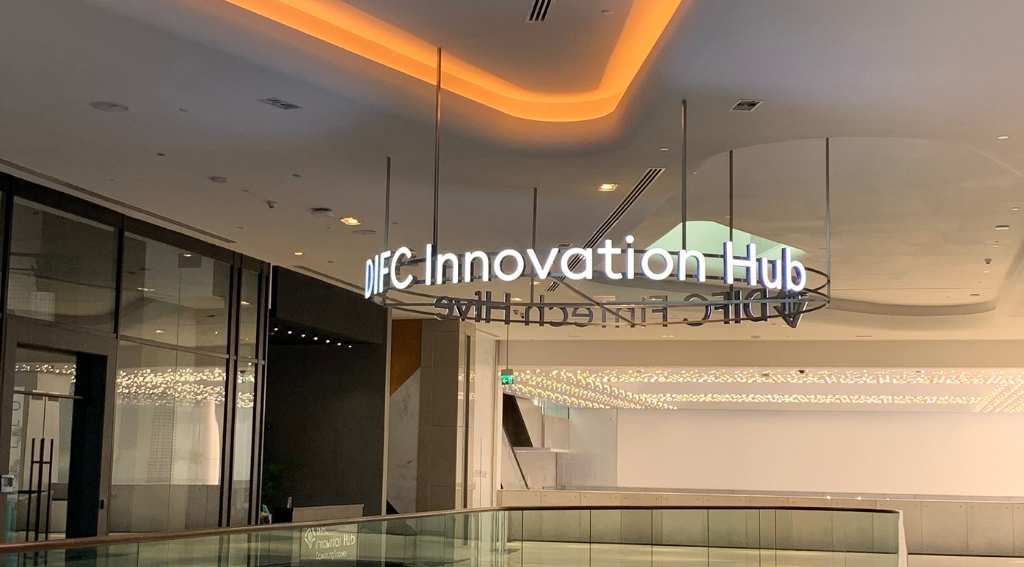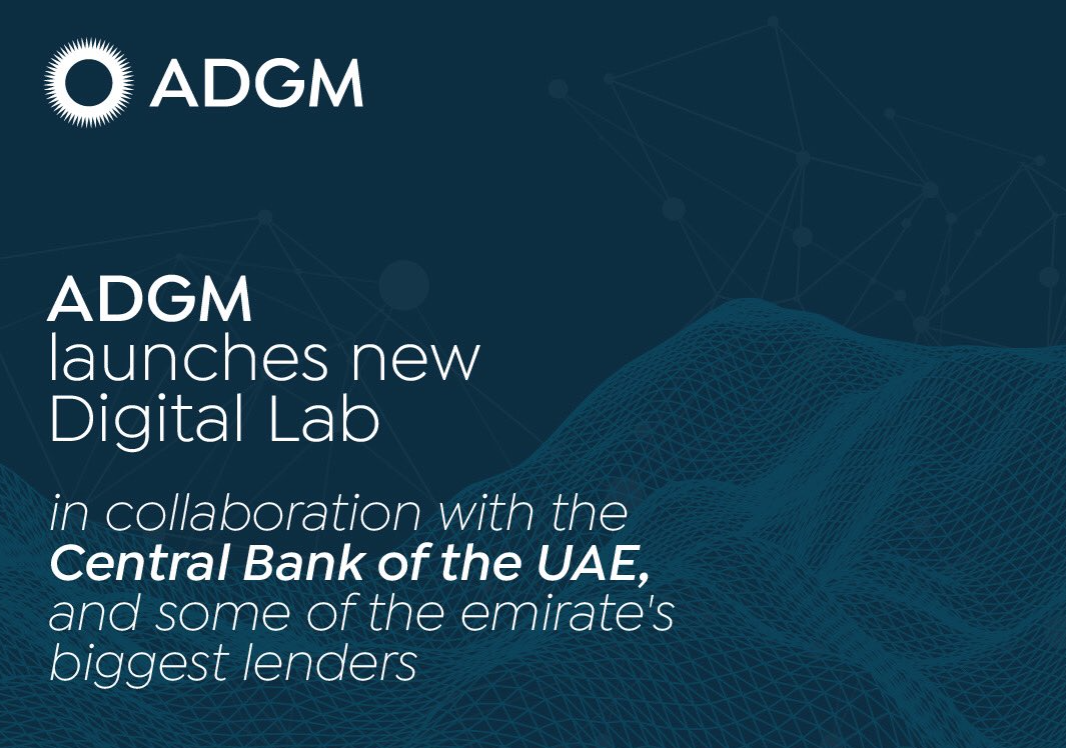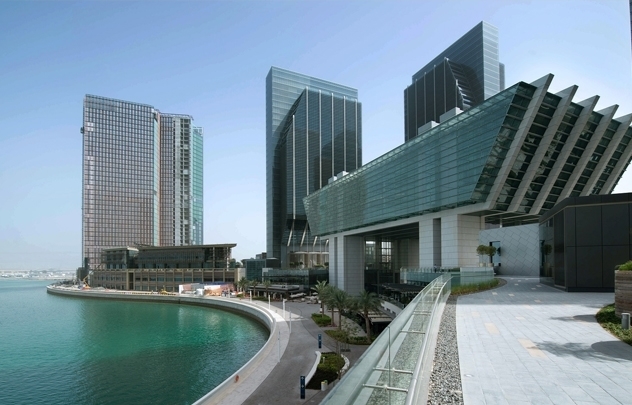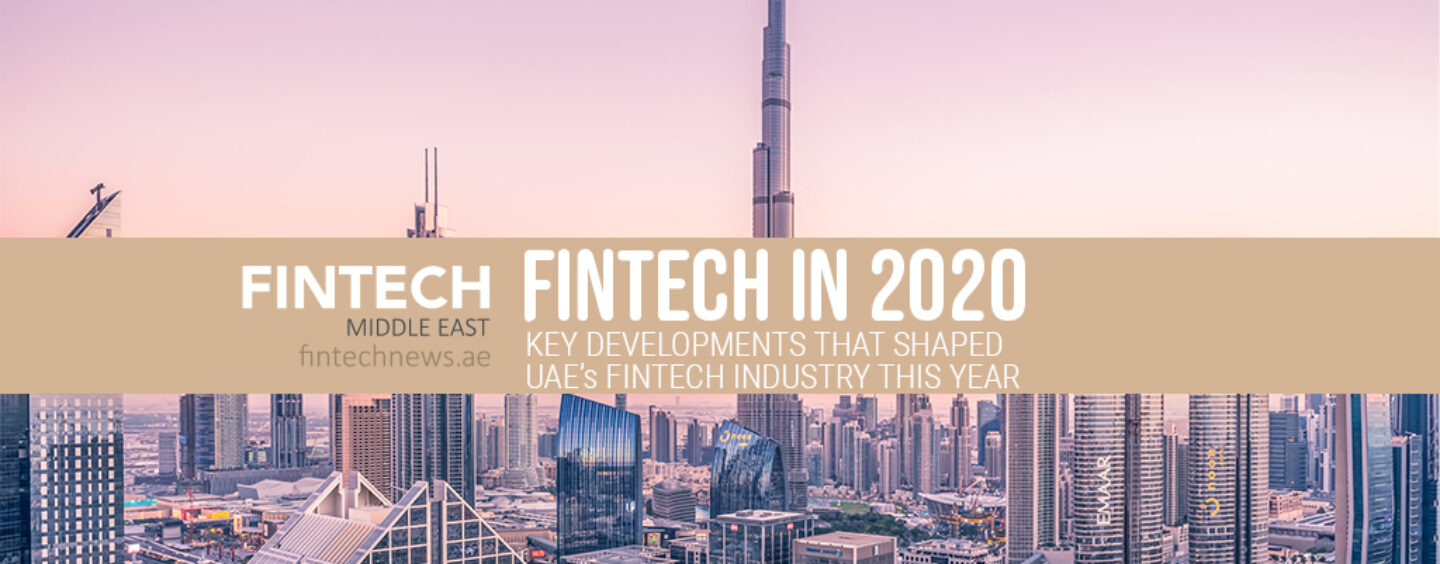The United Arab Emirates (UAE) is the largest fintech hub in the Middle East and North Africa (MENA) and home to half of the region’s fintech companies. As of November 2020, the UAE accounted for over 60% of funds raised in MENA for venture capital investment.
In the UAE, free zones the Dubai International Financial Centre (DIFC) and the Abu Dhabi Global Market (ADGM) have been pushing to become fintech hotspots, launching initiatives of their own and introducing new regulations this year to provide a favorable landscape for companies in the sector to thrive.
DIFC fintech community continues to grow
DIFC continued to attract fintech companies in 2020, adding some 87 new ones into its fintech community during just the first half of the year, a year-on-year increase of 74%. As of November 2020, DIFC was home to more than 240 fintech related firms, representing over 50% of all fintech entities in the Gulf Cooperation Council (GCC).
Foreign fintech companies continued to select DIFC as their gateway to the Middle East, with companies like Singaporean robo-advisor StashAway and Swiss wealthtech Additiv establishing a presence in the free zone this year.
DIFC new fintech initiatives
Further demonstrating its commitment towards fintech, DIFC launched in November the DIFC Innovation Hub in a bid to attract more entrepreneurs and growth companies.

Dubai International Financial Centre’s Innovation Hub
The free zone also invested in four fintech startups this year through its US$100 million Fintech Fund: FlexxPay, a cloud-based business-to-business (B2B) employee benefits platform; Go Rise, a startup building a financial services platform for 250 million global migrants; NOW Money, a payroll services startup for Gulf-based companies; and Sarwa, a robo-advisory wealth management firm.
2020 also saw the launch of the new Dubai Innovation License, a new license program for startups, entrepreneurs and technologies companies that comes with up to four visas and access to co-working space at DIFC.
DFSA launches Cyber Threat Intelligence Platform
DIFC’s financial regulator, the Dubai Financial Services Authority (DFSA), introduced in January the Cyber Threat Intelligence Platform (DFSA TIP). It is the first regulator-led platform of its kind in the region and has created an information sharing system for firms in DIFC through public-private partnerships.
As of August, over 130 organizations had registered to use the platform and 1.6 million attributes for 56,806 cyber threats were posted to it.
ADGM’s fintech moves
This year, Abu Dhabi’s international financial center and free zone ADGM launched the ADGM Digital Lab, a virtual environment for fintechs and financial institutions to co-create and test digital solutions. The lab gives them access to resources including data, APIs, system images and reference architectures.

ADGM launches Digital Lab, Illustration via @ADGlobalMarket, Twitter
2020 also saw the Financial Services Regulatory Authority (FSRA), the free zone’s financial regulator, release a consultation paper proposing a regulatory framework for third-party fintech services. The proposed regulatory framework aims to regulate fintech companies that intermediate the relationship between customers and financial institutions, and is part of the FSRA’s broader ambition to develop open finance.
Other regulatory changes and proposals this year by the FSRA include enhancements of the regulatory framework for money services providers.
Embracing regtech
This year, ADGM’s financial regulator demonstrated its commitment towards regtech, launching in April three pilot initiatives aimed at reducing regulatory costs and burden, as well as helping financial services firms achieve better compliance and risk management outcomes.
The first initiative, called RegBot, is an artificial intelligence (AI)-enabled solution that helps automate the FSRA’s license application process. The second regtech solution utilizes APIs to allow the regulator to monitor client money held by non-bank licensed firms such as asset managers and broker deals.
The FSRA has also embarked on a pilot project to digitize its regulations, leveraging semantics and natural language processing (NLP). The ambition here is to create so-called “Regulations in a Box” where firms would be able to use the FSRA’s digital regulations to test and deploy innovations that are compliant by design.

Abu Dhabi Global Market (ADGM), Photo via adgm.com
UAE Central Bank launches Fintech Office
At the federal level, the UAE Central Bank unveiled numerous fintech initiatives in 2020. In November, the regulator launched the Fintech Office, which has been tasked to help develop a mature fintech ecosystem within the UAE and position the nation as a fintech hub regionally and globally.
The office will be working with the industry and regulatory authorities to facilitate innovation and help attract international and regional fintech companies.
New fintech regulations
On the regulatory front, UAE financial regulators introduced new rules this year addressing digital payments and crypto assets.
The Stored Value Facilitates (SVF) Regulation, released in November 2020 by the central bank, repeals and replaces the 2016 Regulatory Framework for Stored Values and Electronic Payment Systems, substantially tightening up the regime to ensure greater safety.
In October, the UAE Securities and Commodities Authority (SCA) approved a draft Issuing and Offering Crypto Assets Regulation (ICAR). The legislation covers two topics: the creation, issuing and marketing of crypto assets in the country, as well as the licensing of crypto markets, crowd funding platforms and all activities related to crypto assets.








No Comments so far
Jump into a conversationNo Comments Yet!
You can be the one to start a conversation.